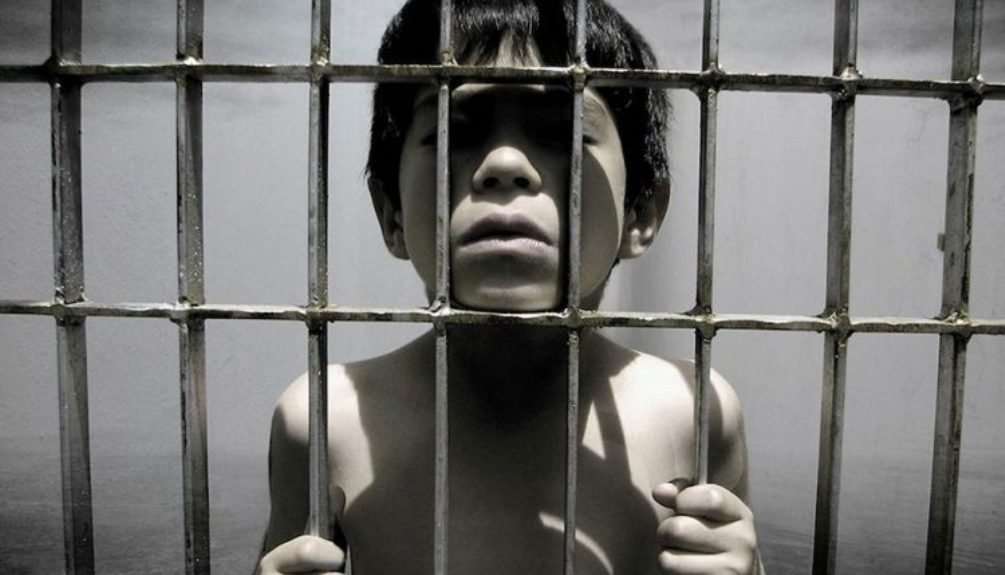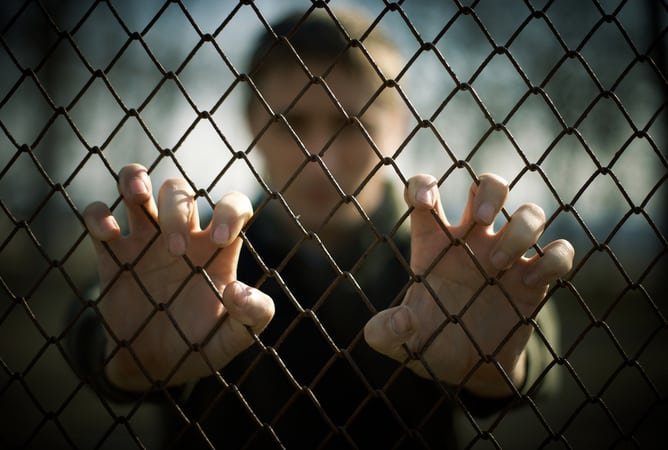Juvenile delinquency – Behavioral sciences explore the cognitive processes within organisms and the behavioral interactions between organisms in the natural world. It involves the systematic analysis and investigation of human and animal behavior through the study of the past, controlled and naturalistic observation of the present and disciplined scientific experimentation and modeling.
It attempts to accomplish legitimate, objective conclusions through rigorous formulations and observation. Generally, behavior science deals primarily with human action and often seeks to generalize about human behavior as it relates to society.
Juvenile delinquency

Meaning of Juvenile Delinquency
Delinquency is a kind of abnormality. When an individual debates from the course of normal social life, misbehavior is called delinquency. Juvenile is the person which under 16 years of age.
Juvenile delinquency, also known as “juvenile offending”, is participation in illegal behavior by minors (juveniles, i.e. individuals younger than the statutory age).
Definition of Juvenile Delinquency
According to the FBI (The Federal Bureau of Investigation)
“A juvenile is anyone under the age of 18 regardless of how each individual state defines a juvenile. A delinquent is an individual who fails to obey the laws”.
According to Robinson:
Juvenile delinquency is “any behavior which a given community at a given time considers in conflict with its best interest, whether or not the offender has been brought to court’

According to Merriam Webstar
Juvenile delinquency is the conduct by a juvenile characterized by antisocial behavior that is beyond parental control and therefore subject to legal action
According to Friedlander
“Delinquency is a juvenile misconduct that might be dealt with under the law”
Causes of Juvenile Delinquency
There is no single cause for the development of delinquency behavior. According to the Helly & Bronner the causes of juvenile delinquency are –


Other causes:
A. Personality defects:
- Degree of freedom
- Revolt
- Homicidal tendency
- Suspicious
- Irresponsibility
- Leak of control
- Disobedient & unsocial
- Extroverted behavior
B. Economic causes-
- Poverty
- Unemployment
- Poor working conditions
- Child labor
- Unfulfilled desires
C. Social disorganization
D. War and past war conditions
Features/Signs and Symptoms of Juvenile Delinquency
Juvenile delinquency is a young girl or boy who is incorrigible or habitually disobedient. Acts of delinquency may be-
- Running a way of home without the permission of parents.
- Habitual truancy beyond the control of parents.
- Spending time idly beyond the limits.
- The vulgar languages
- Wandering about rail roads, street, market place.
- Visiting gambling center.
- Stop lifting.
- Activities done by singly or a gang
Prevention of Juvenile Delinquency/ Suggestion To Solve Juvenile
Delinquency
- A. In order to prevent juvenile delinquency from taking place the following measures may be suggested:
- Creating and inspiring a team of work of private and public agencies devoted to preventive work.
- Giving proper training to the members and staff of all organizations concerned with delinquency control.
- Establishing child guidance clinics to give appropriate treatment to the disturbed and maladjusted children.
- Educating of the family so as to help the parents to realize the importance of giving proper attention to the needs of their young children.
- Establishing wholesome recreational agencies to prevent young children from becoming the victims of illicit or unwholesome recreation.
- Giving proper assistance to under-privileged children to build in them good character and law-abiding attitude.
- Adopting various means of propaganda such as radio, movies, television, newspapers, magazines etc., to realize the importance of law-abidingness and how it is always appreciated and rewarded.
- Improving the social environment slum areas, busy market places, gambling centres etc., to prevent children to get polluted.
- Spotting potential delinquents by predictive tests in schools and giving appropriated treatment to such children.
- The problems of beggary and poverty are to be removed or controlled and the general economic standards of the people must be increased to prevent children from becoming delinquents due to economic exigencies.

B. Method of Rehabilitation:
The main purpose of the method of rehabilitation is not to punish nor to take revenge upon the delinquent. The intention behind this method is to help the delinquent children to get proper guidance and training so that they become normal children and never repeat delinquent acts. The measures taken for the prevention and treatment of juvenile delinquency in India after 1850 may be briefly examined here:
